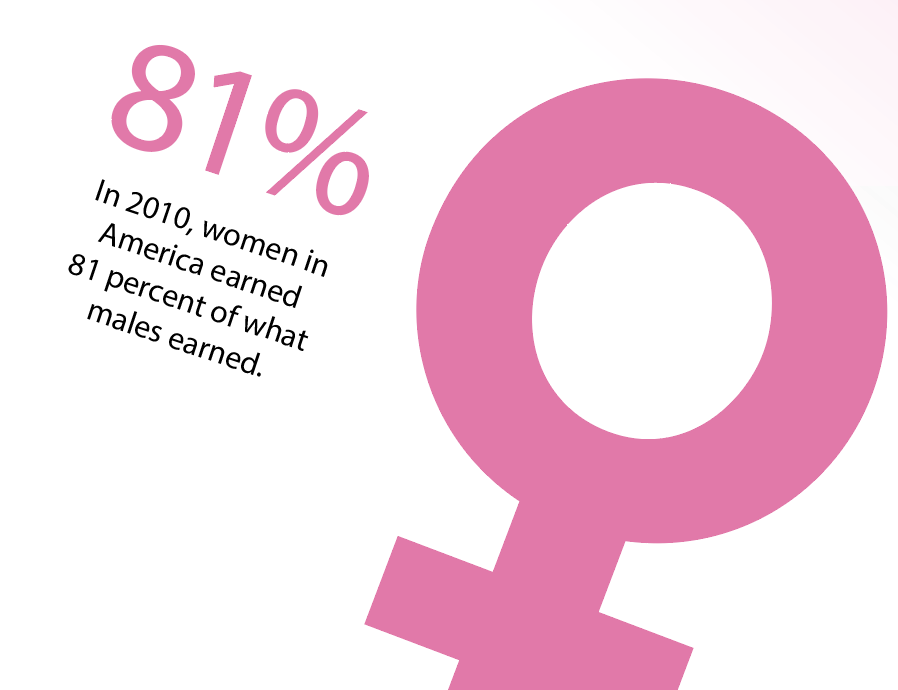The fight for equal pay in the work force is ongoing. People, specifically women, are at war with the government and its employers in an effort to create a pay system that is equal and fair to both the employees and the employers. In 2010, women in America earned 81 percent of what males earned. Unfortunately, not much has changed in the United States. Iceland, however, has taken significant steps toward equal pay in the workforce.
Iceland recently issued a bill requiring public and private businesses to prove they provide their employees equal pay. This is the first bill of its kind in the world. Thorsteinn Viglundsson, minister of social affairs and equality in Iceland, said that the bill requires “companies and institutions of a certain size, 25 or more employees, [to] undertake a certification of their equal-pay [programs] … the new law aims to close the wage gap between men and women in the island nation of more than 323,000 people.”
With Iceland making changes to its workforce laws, people are hopeful other nations, such as the U.S., will follow. However, the gender gap in America’s work force is more complicated than someone might think.
Francine Blau and Lawrence Kahn, Cornell University economists who study pay disparities, gathered national data to discover why women are paid less than men, specifically in the U.S. Their research shows that in 2013, when young women start jobs among workers ages 25-34, they earn 93 percent as much as men. However, as women age over time, the wage gap becomes larger.
One explanation for lower pay later in a woman’s career is motherhood. Blau and Kahn’s study shows that “women, more often than men, tend to leave the workforce for extended periods to have and raise children. They’re also more likely to leave the office early to pick up the kids or take a day off when a family member is sick.”
Some may say, regarding this case, that the pay one earns is based on experience, which is a key factor companies look for, but this is not always the case. There are some women who have the same qualifications as men, yet they are still paid less.
Is anything being done about changing this currently in the U.S.? Unfortunately, not to the extent of Iceland, though small progress has been occurring. Women’s pay increased 4.3 percent between 1970 and 1980, the largest gain in history. Since then, the pay raise has slowed to an increase of only 0.4 percent between 2000 and 2010.
Gender workforce pay has been seen as a problem for decades, but only Iceland has been proactive about fixing the issue. Having conversations, voicing complaints and even stating facts does nothing to solve a problem — only our actions can do that. Iceland has given us, through example, answers that are fair and achievable. It’s time for us to follow Iceland’s example and put our words into action.
letters@chronicle.utah.edu



April • Nov 9, 2017 at 8:31 am
Sexism and Socialism(communism) at work again! Big Brother will never betray you…
Brice • Nov 8, 2017 at 2:16 pm
This article is incredibly close-minded in that it doesn’t address any of the real reasons there might be differences in wages between men and women. You throw in “One explanation for lower pay later in a woman’s career is motherhood,” which is a very valid reason for why they might be paid less. If they don’t go to school, work etc. because they’d rather be a mother and are hence less qualified, OF COURSE they’re not going to get the same jobs as others who choose education/career. Would you really expect it to be any other way in a civilized democracy…? You then say, “There are some women who have the same qualifications as men, yet they are still paid less” as if this non-statistical, anecdotal evidence were reason enough to justify this entire article about the ‘sexist problem of the wage gape in America.’
One of many, many other reasons that there might be a wage gap is clearly preference. Women choose to go into lower paying jobs (like teaching as opposed to engineering). That’s not sexism, that’s freedom. A law mandating equal pay for the sexes regardless of other relevant factors like experience or actual capability is not only unwise, it’s reverse sexism…